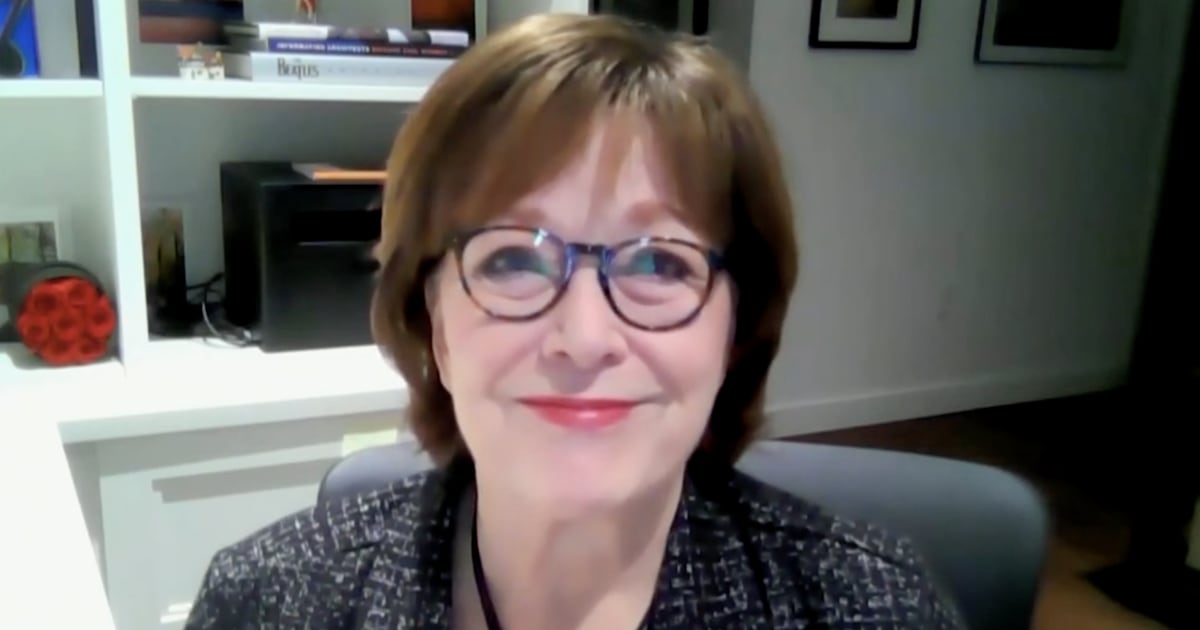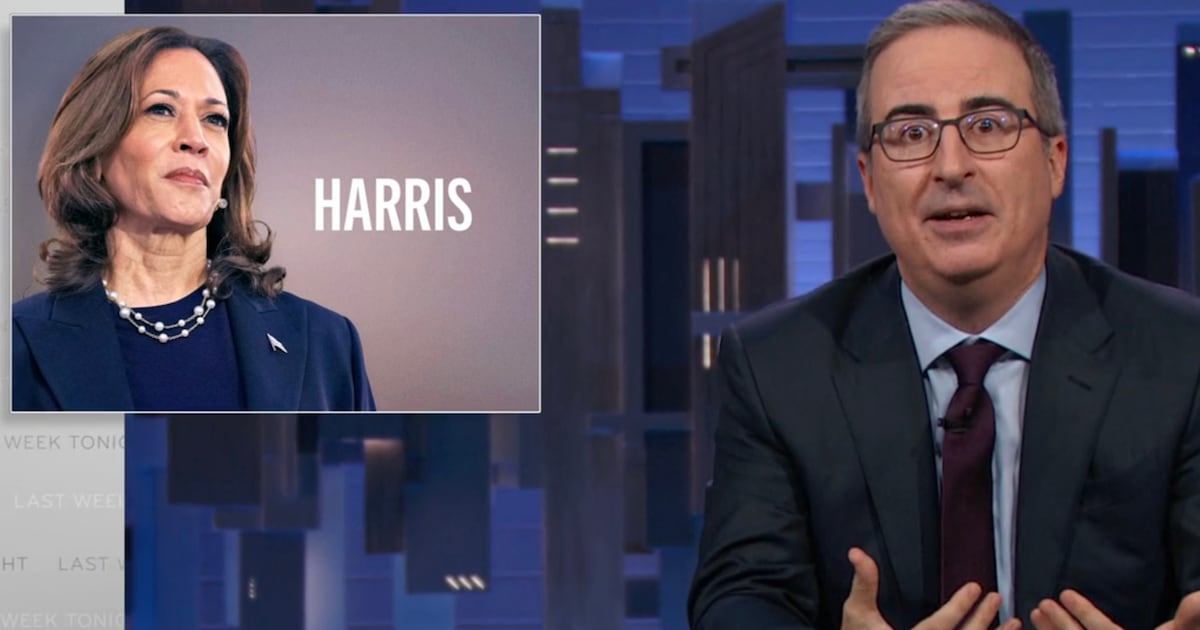Later this summer it will be 20 years since one of the strangest and most memorable periods of modern British history—the week in 1997 that Diana, Princess of Wales died.
From the moment of the 36-year-old princess’ death in a tunnel in Paris to the extraordinary public outpouring of grief (and just as extraordinary mass repudiation of the Queen and Royals’ perceived-as-cold behavior), to the sight of Princes William and Harry following their mother’s coffin through the streets to Westminster Abbey, heads down and assailed by the wails and tears of the public, everything about that week reverberated with the surreal and moving.
Since then there have been debates about why that outpouring of grief happened—whether it was good or bad, something to be celebrated or scorned. But it happened, and the tragedy of Diana’s premature death—dying so young, still beautiful, powerful, and about to live out a new, independent chapter of her life—froze her too as an icon, still as fascinating today as she was then.
ADVERTISEMENT
That is evident in a new BBC documentary being made to mark the 20th anniversary, already causing headlines of its own for featuring two candid interviews with William and Harry, who feel they have let their mother down.
According to the London Evening Standard, Prince William tells the documentary: "Part of the reason why Harry and I want to do this is because we feel we owe it to her. I think an element of it is feeling like we let her down when we were younger. We couldn't protect her.
“We feel we at least owe her 20 years on to stand up for her name and remind everybody of the character and person that she was. Do our duties as sons in protecting her."
That is sad in itself, and yet a common reaction for anyone, particularly children, whose loved ones die—could they have done more, should they have done more? Of course, the answer is “no” (and then a big hug). But the question persists.
Prince Harry tells the documentary: "When she died, there was such an outpour of emotion and love which was quite ... which was shocking.
"It was beautiful at the same time, and it was amazing, now looking back at it, it was amazing that our mother had such a huge effect on so many people.
"When you're that young and something like that happens to you, I think it's lodged in here, there, wherever--in your heart, in your head and it stays there for a very, very long time.
"I think it's never going to be easy for the two of us to talk about our mother, but 20 years on seems like a good time to remind people of the difference that she made not just to the royal family but also to the world."
Their words follow two other interviews the men gave earlier this year, in which they again expressed their raw experience of grief, and its echoing consequences in their lives. Prince Harry said he had come close to a “complete breakdown” several times after his mother’s death.
Whatever else one might contend about Diana, the example her sons have recently set in talking about her is only to their credit, and to the endurance of her legacy, which emphasized empathy over icy royal remove: something they are clearly very determined to do.
In expressing themselves, it is not only the love and loyalty to their mother that shines through, but also an understanding of loss and its consequences that speaks directly to those who have been bereaved or isolated in a myriad other ways.
Through the charity Heads Together the men have made mental health—through talking about their own so candidly--something that should be spoken of. Particularly with men, the lifting of that taboo is valuable.
Diana’s legacy was around enshrining a different kind of royalty, an activism-sourced royalty that for the first time spotlit previously off-limits politics and causes, with the aid of the charismatic stardust that Diana had in spades.
Her legendary BBC Panorama interview, given after the breakdown of her marriage to Prince Charles—in which she famously noted how there were three people in that marriage (the third being Camilla Parker Bowles, who is now, years later, Charles’ wife)—showed a Royal talking in a way that a Royal was never heard to talk.
Traditionally Royals said little, turned up, and looked pretty. But the public breakdown of Charles and Diana’s marriage, and the airing of every single piece of that dirty linen in public, heralded a new era.
Not only were the Royals tabloid fodder in a way they had never been, hearing both Diana and Charles talk so intimately about their personal lives changed the way they addressed us and the way we heard them.
Ironically, the earthquake effect of what Diana stood for, and how that would change the royals themselves, was evident in that week she died. The family tried to brave out the week in their traditional way, remaining holed up at Balmoral, their Scottish holiday retreat, but by the end of the week the Queen had returned to London, and nervously surveyed the banks of flowers around Buckingham Palace.
One woman in the crowd advised her and Prince Philip to take care of William and Harry—to which the Queen said nothing and Philip said tightly that’s what they had been doing.
On that Friday night, the day before Diana’s funeral, the Queen addressed the nation in an emotional speech which was so unlike her, but was so necessary.
In that moment, the Royals looked utterly out of touch, and utterly heartless. I walked down the Mall on the Friday night where people were camped out and walking around—and their anger towards the royal family over their treatment of Diana, and their treatment of her in death, was palpable.
The next day, when Earl Spencer, Diana’s brother, said at her funeral that she had been raising William and Harry to be more open and warm and that the Spencers’—the princes’ “blood family”—would ensure that continued, the roar from the watching crowds and applause rang out, even within Westminster Abbey itself.
That “blood family” vow may not have come to pass. But the princes themselves have shown, especially in the last year, a determination to marry their Royal images and personalities with what they see as the best of what their mother exemplified as a “queen of hearts.”
The activism and candor of William and Harry is rooted in love for her, and also a knowledge perhaps that the institution of royalty as practiced and personified by their grandmother the Queen, was right for her time and reign, but not for the years that will follow it. The boys love and respect their grandmother very much, and are clearly trying to marry the old and new in how they approach their royal responsibilities.
Slowly, the younger generation of royals, led by William and Harry, are changing the institution and—while deeply respecting the work and commitment of the Queen and their forbears--are also shaping it with their mother and what she stood for very much in mind.
The Queen famously bowed before Diana’s coffin as it passed Buckingham Palace. This was out of respect for her daughter-in-law, but also perhaps a deeper recognition of her transformative impact on the institution that had treated her so roughly.
That impact—embodied in Diana’s sons—is being more and more felt. Diana may have died, but her legacy will remain at the heart of the future of the royal family.





